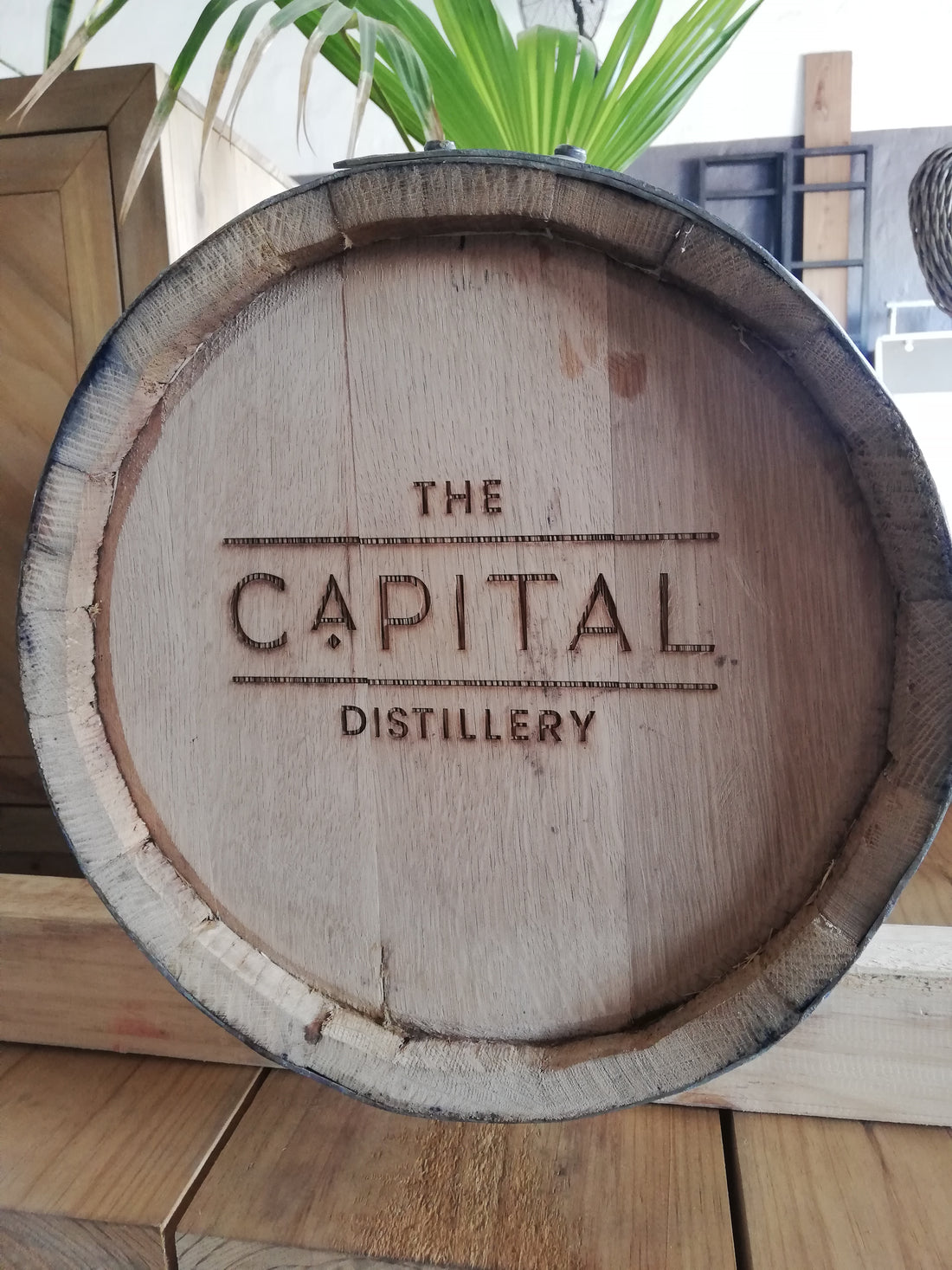
Maturation
Share

After the distilling process, lets dive into Aging and Maturation.
Although these two terms might have you thinking they have similar meanings, they are on different ends of the spectrum. Two teenagers may be the exact same age, but one can be far more mature than the other.
The term age refers to the actual duration of storage, it refers to the process of getting older, which in fairness is the literal meaning, while maturity expresses the degree of which chemical changes occur during storage. Maturing is when a spirit is actually changing and developing over time.
So, a spirit can still age in a glass bottle, but does not mature since it cannot interact with the glass to take on flavor.
Most of the aged products are predominantly whiskeys, most rums and brandies.
Maturing mostly takes place in wooden casks or barrels. White oak is one of the most popular woods used for these casks. Oak may come from different places giving the wood different characteristics, but the most popular one used today is American Oak.
This is because of its ability to hold liquids while allowing the process of breathing through the pores of the wood. The pore size of the wood is so, that small molecules such as water can move through the wood more easily that larger molecules such as alcohol.
Charring the wood makes some of the wood compounds more soluble. As the liquid in the container moves back and forth through the wood, flavours are extracted and carried back into the containers content.
In the case of whiskey, the cask is vital to each process as this is where the whiskey gets its flavor from.
Maturation for brandy is similar to whiskey, but brandies are matured in larger casks or oak containers. Most brandies mature for three to five years, but some can remain in the barrel for as long as twenty to forty years.
Rum is usually matured in reused containers and the normal maturation time is two to three years. But, most commercial rums are a blended product so may contain spirits of different ages.
To conclude, two barrels may be filled on the same day, from the same distillation, but, numerous variables can result in the one cask being way more mature than the other.
A greater ageing period does not always equal greater maturity.
To learn more about our rums, click here
